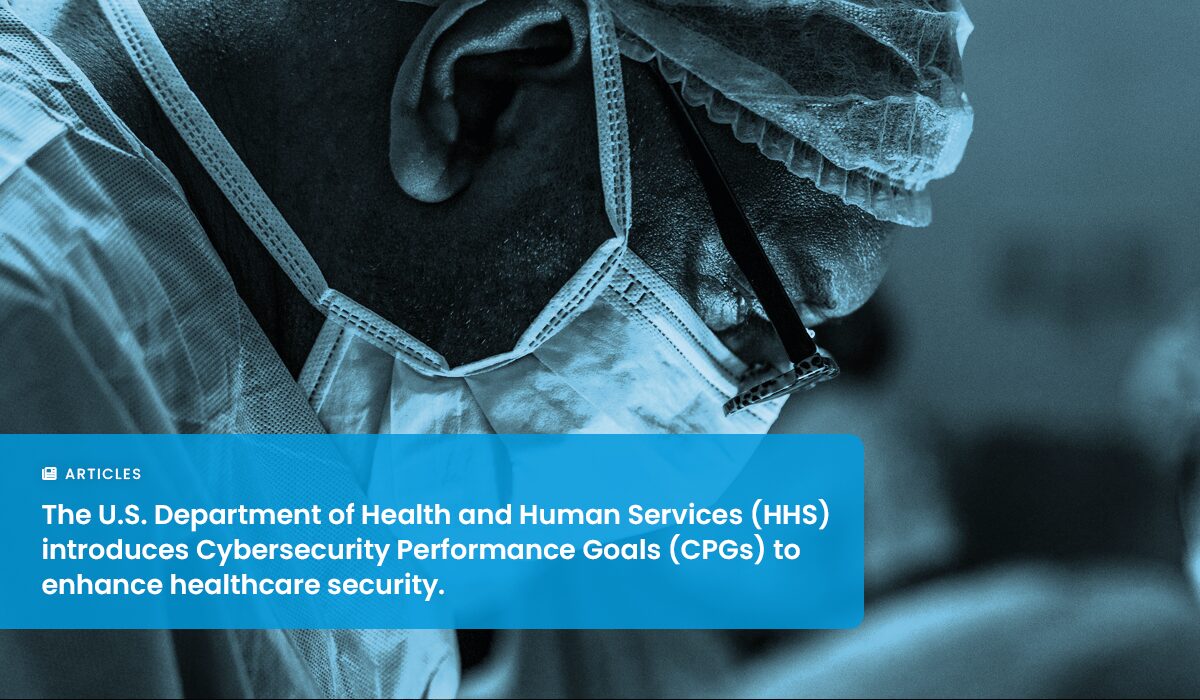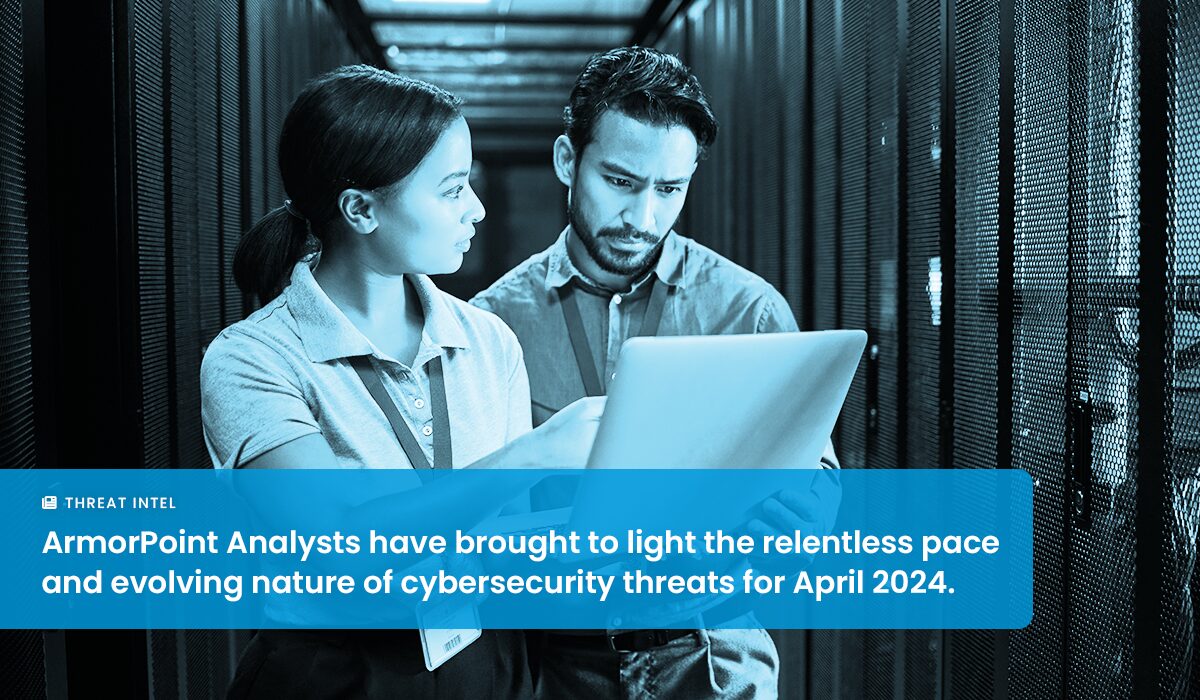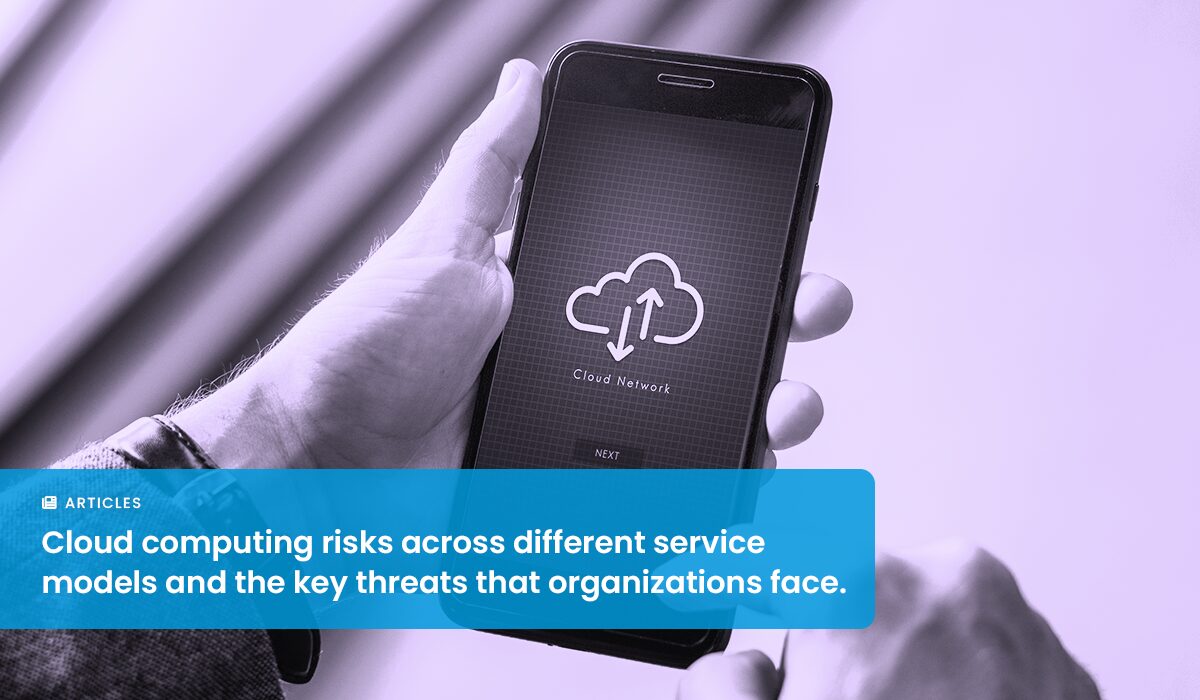In today’s digital landscape, creating a sustainable business requires more than just maintaining healthy profit margins. Modern-day businesses are under siege by malicious forces using cyber extortion as their weapon of choice. The rise of ransomware attacks in recent years has left many business owners wondering if their company is next to be targeted and if they’re adequately prepared to deal with it.
Luckily, there are proactive steps that every business owner can take to reduce the chance of being affected by ransomware. Here are five best-practice strategies you can follow to mitigate your security risks and prevent ransomware attacks.
Use Multi-Factor Authentication (MFA)
95 percent of all web attacks result from compromised user credentials. MFA, or Multi-Factor Authentication, helps solve this major problem by requiring at least two forms of identification when gaining access to online accounts. Rather than trusting entered passwords, MFA requires users to verify their identity using another medium, such as a mobile device or landline while automatically restricting access from users with suspicious IP addresses and user behavior.
What You Should Do:
Ensure all of your business accounts use two-step verification processes when setting up login credentials. You should also get into a habit of using auto-generated, heavily encrypted passwords and have them changed every 3-6 months.
What You Should Avoid:
Avoid using the same login passwords for multiple business accounts or using universal credentials among various users.
Keep your Systems and Software Up-To-Date
A common tactic that hackers use to inject ransomware is by identifying system vulnerabilities and exploiting them. Outdated software and legacy systems can present easy avenues for attackers looking for backdoor entrances into seemingly secure networks. Keeping your systems up-to-date with the latest security patches is an effective way to avoid these issues.
What You Should Do:
Always make sure your operating systems, software applications, and firmware use the most up-to-date versions. Enabling automatic updates or using third-party solutions to monitor for software vulnerabilities is another great way to mitigate exploit risks.
What You Should Avoid:
Using outdated operating systems, business software, or networking devices.
Invest in Data Backup and Recovery Solutions
Ransomware holds your system data hostage with the promise of restoring access once a payment is made. However, there is no guarantee that your data will be reusable whether you choose to pay the ransom or not. It’s because of this that taking proactive steps to back up your mission-critical data is essential in case of a large-scale breach.
What You Should Do:
Create a comprehensive data recovery plan in the event your business is the target of a ransomware attack. Your plan can include the use of managed service providers, cloud-based data store solutions, and other business solutions that are designed to protect your digital assets.
What You Should Avoid:
Keeping your data on one network without any backups. While local data storage on private networks can help mitigate your risks, having a dedicated solution to backing up your data in real-time on remote servers can be much more effective.
Restrict Network Access Permissions
Most security systems focus their efforts on front line assaults, meaning they’re designed to keep intruders out. But when access is granted, many systems lift those security perimeters by default, allowing users to easily navigate their networks. It’s much safer to restrict network access permissions by default, maintaining a “trust no one” mentality, and administrating access to secure business locations on an as-needed basis.
What You Should Do:
Segment your business networks and limit your IT administrators. By default, very few individuals should have full access to your business networks. Fully restrict users and only grant access to networks as needed. This will help mitigate problems if one of your user credentials are stolen and someone intrudes on your network.
What You Should Avoid:
Never grant administrative network access simply to save time. It’s better to err on the side of caution and limit your users as much as is reasonable for your business needs.
Create Safe Email Filtering Protocols
Phishing email schemes are among the most effective ways that hackers inject malicious code into unsuspecting systems. Emails with destructive attachments and dangerous outbound links can look harmless and many people find it hard to distinguish them from legitimate senders. It’s important to take active measures to protect your business from these forms of attacks.
What You Should Do:
Utilize email filtering rules through your email client’s administrative panel. Most popular email platforms now deploy intelligent protocols to actively monitor and block malicious phishing attempts and can be an effective way to minimize spam. Educating your employees on email best-practices will also help them recognize these attempted security breaches and be adequately prepared to deal with them.
What You Should Avoid:
Never open emails from sources you don’t know or trust, especially ones that use attachments or tell you to click on external links.
Ransomware continues to be a major problem that organizations of all sizes need to be ready to face. By following these five best-practice security strategies, you can significantly reduce your chances of falling prey to this malicious attack. If you’re serious about your business’s data security, contact the IT professionals at ArmorPoint. As a managed IT security services provider, ArmorPoint has a team of dedicated professionals who can help your business develop the ideal cybersecurity initiative. For more information subscribe to our blog today.
About ArmorPoint
ArmorPoint is a security information and event management solution that provides a cost-effective and reliable way to continually protect your business from emerging threats. Through its customizable service pricing model, ArmorPoint’s cost-effective packages and dynamic levels of expert management support the security strategies of all companies, regardless of available budget, talent, or time. And since ArmorPoint offers 24/7 security support with a team of dedicated specialists, they can provide you with the manpower you need to expertly manage all of your cyber security initiatives. See how ArmorPoint can make a difference in your security posture with a risk-free 30 day free trial.








